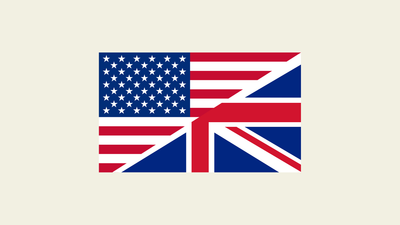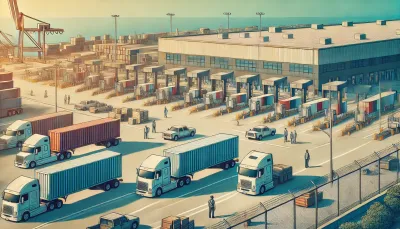EU's Trade Tensions with China

In Short: The European Commission is stepping up its game against China with multiple trade investigations, aiming to secure fair competition and lessen reliance on Chinese imports in key industries.
What’s going on?
The EU is opening investigations into Chinese subsidies across several sectors, including electric vehicles and renewable energy technologies. This move comes as European leaders vocalize concerns about unfair competition from China, which they believe has distorted markets and influenced political outcomes in the West for decades. These investigations reflect a strategic shift in the EU’s approach to global trade, targeting practices that may allow China to dominate emerging clean-tech markets crucial for Europe's transition to a green economy.

Why does it matter?
This crackdown is pivotal for both economic and strategic reasons. Economically, the EU aims to protect its industries from being undercut by cheaper imports, supporting local production and innovation. Strategically, reducing dependency on Chinese imports in critical sectors like renewable energy and electric vehicles is essential for the EU’s energy security and technological sovereignty.
By reinforcing its trade policy and subsidy regulations, the EU is not only addressing current imbalances but also positioning itself for a sustainable future, where it can compete globally without compromising its economic interests or environmental goals. The outcome of these actions will define the EU’s role in a rapidly changing global economy, emphasizing the need for a balanced approach to international trade and market competition.

⚖️ How does this impact Law Firms?
International Trade and Competition Law:
- Advising on Compliance and Subsidy Investigations: Lawyers will guide companies, particularly in the clean tech and automotive sectors, on navigating the complexities of new EU subsidy investigations and ensuring compliance with EU trade regulations. This includes preparing for audits, responding to EU information requests, and representing clients in proceedings. The legal advice will be crucial for manufacturers and importers who risk facing severe penalties and market exclusion if found non-compliant with EU trade measures.
- Representation in Trade Disputes: Legal experts will represent European companies and government bodies in disputes that may arise from the newly imposed trade measures against China. This involves both defending against potential retaliatory actions from Chinese companies and pursuing claims where European entities face unfair competition. Lawyers will need to be well-versed in both EU and international trade law, prepared to handle complex litigation and negotiation scenarios that could influence market dynamics significantly.
Regulatory and Compliance Law:
- Guidance on EU Foreign Subsidies Regulation: Lawyers will assist clients in understanding and adhering to the EU's new regulatory framework concerning foreign subsidies. This is particularly pertinent for companies involved in bidding for public contracts in sectors like railways and solar parks, where foreign investments are heavily scrutinized. Legal specialists will help ensure that their clients’ proposals are compliant and advise on restructuring deals to meet the new stringent EU standards.
- Compliance Strategies for Import/Export Regulations: As the EU tightens its import controls, lawyers will need to advise importers and exporters on the legal ramifications of the new trade barriers and tariffs. This includes strategic advice on tariff mitigation, reclassifying products, or restructuring supply chains to minimize the financial impact. Legal support will be essential for clients looking to adapt their business practices to remain competitive under the new trade norms.
Environmental and Energy Law:
- Advising on Investment in Renewable Technologies: With the EU's focus on achieving a self-reliant clean tech industry, lawyers will play a pivotal role in advising companies on investments and compliance with the EU’s Net Zero Industry Act. This includes legal guidance on securing subsidies, navigating the regulatory approvals for new projects, and ensuring that these investments align with the EU's environmental targets.
- Legal Support in Clean Technology Transfers and Licences: As European firms seek to reduce dependence on Chinese clean tech, lawyers will be needed to negotiate technology transfer agreements and secure licensing deals that comply with both national and EU regulations. This ensures that technology transfers uphold intellectual property rights, meet regulatory standards, and contribute to the strategic goals of reducing emissions and enhancing technological sovereignty.






